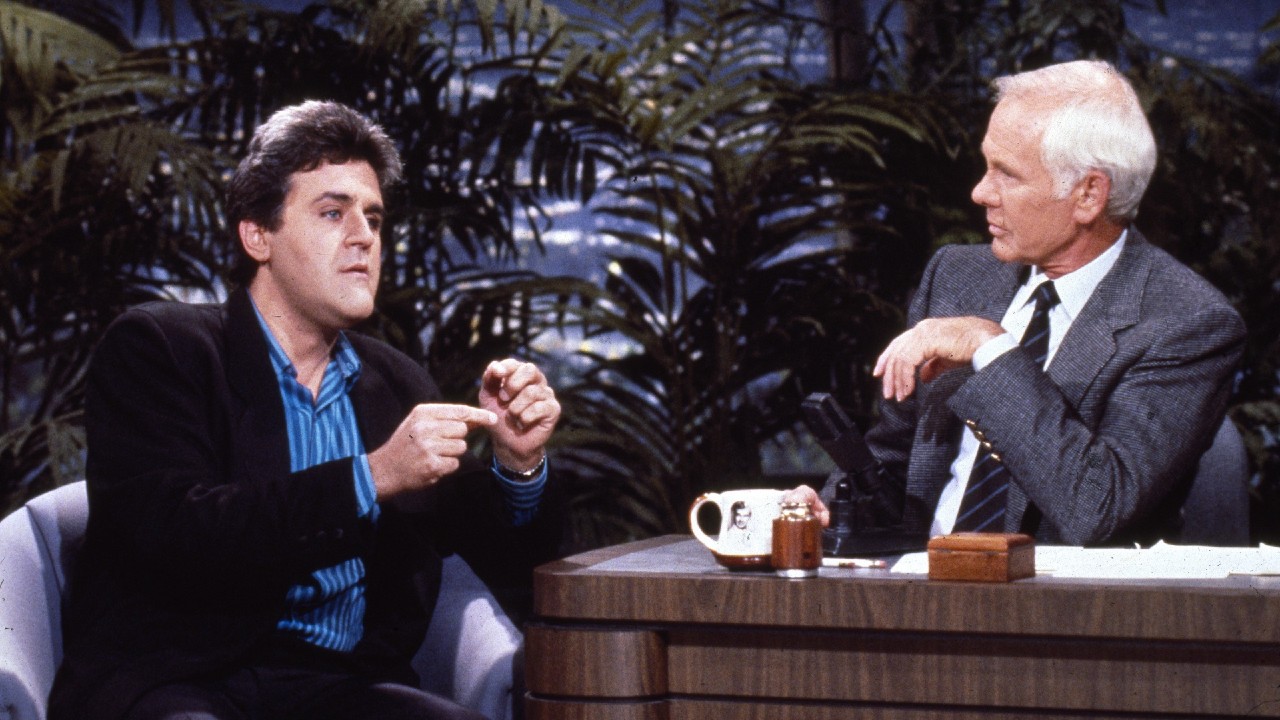Hear Me Out: I'm Sick And Tired Of Streaming Shows Doing Weekly Releases And It Needs To Stop (With One Exception)
Can we please go back to releasing full seasons of TV all at once?
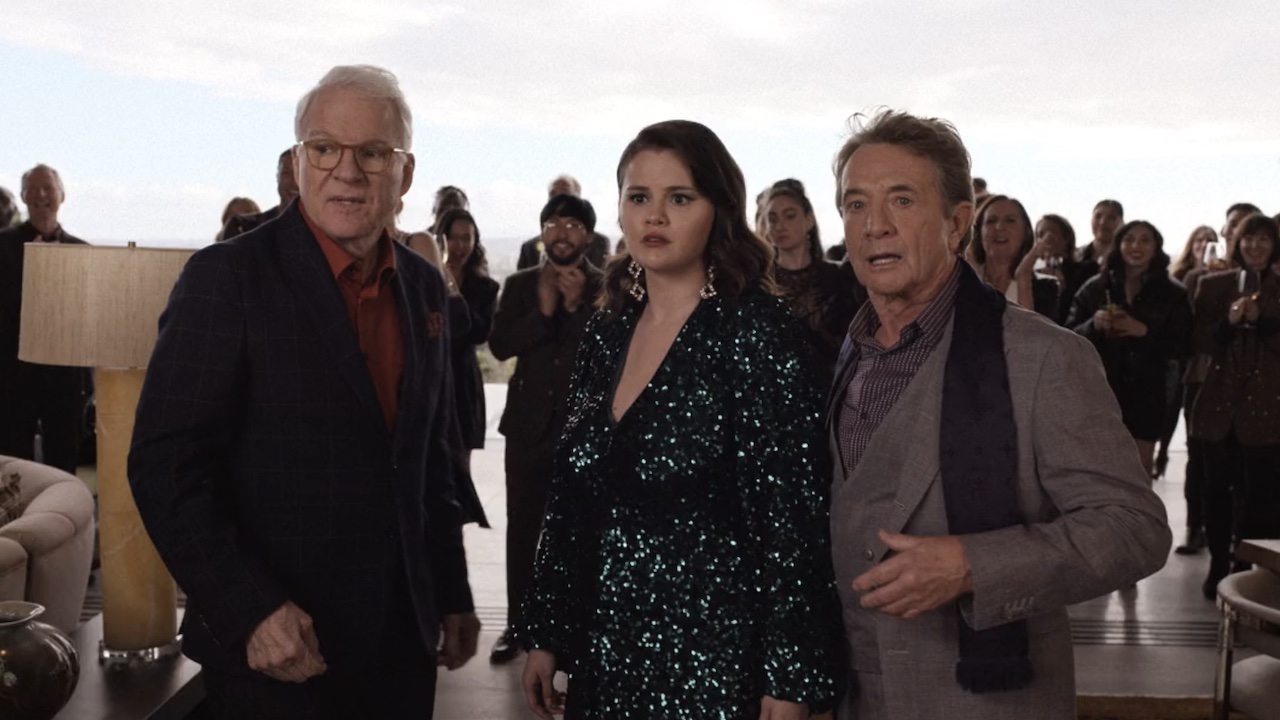
When Netflix began producing original programs, it did something that was largely unexpectedL rather than releasing episodes on a set schedule, it released an entire season of a series at once. This became the de facto standard for streaming TV for quite some time after that. However, in recent years, we’ve seen a shift back to traditional television release schedules, with many series on the best streaming services only releasing new episodes weekly. Even Netflix is now releasing its biggest shows in chunks of episodes rather than all at once.
The reason for this, according to conventional wisdom, is to keep shows at the forefront of cultural conversation longer. Discussing the latest episode of a show with friends once a week for a couple of months is better than expecting everybody to binge it, and then see the show disappear from cultural conversation after only a few days. It also gives people a chance to “catch up” if they can’t watch an episode as soon as it drops.
I understand the argument, and I don’t disagree that there’s value to it. But I don’t care: weekly releases need to die.
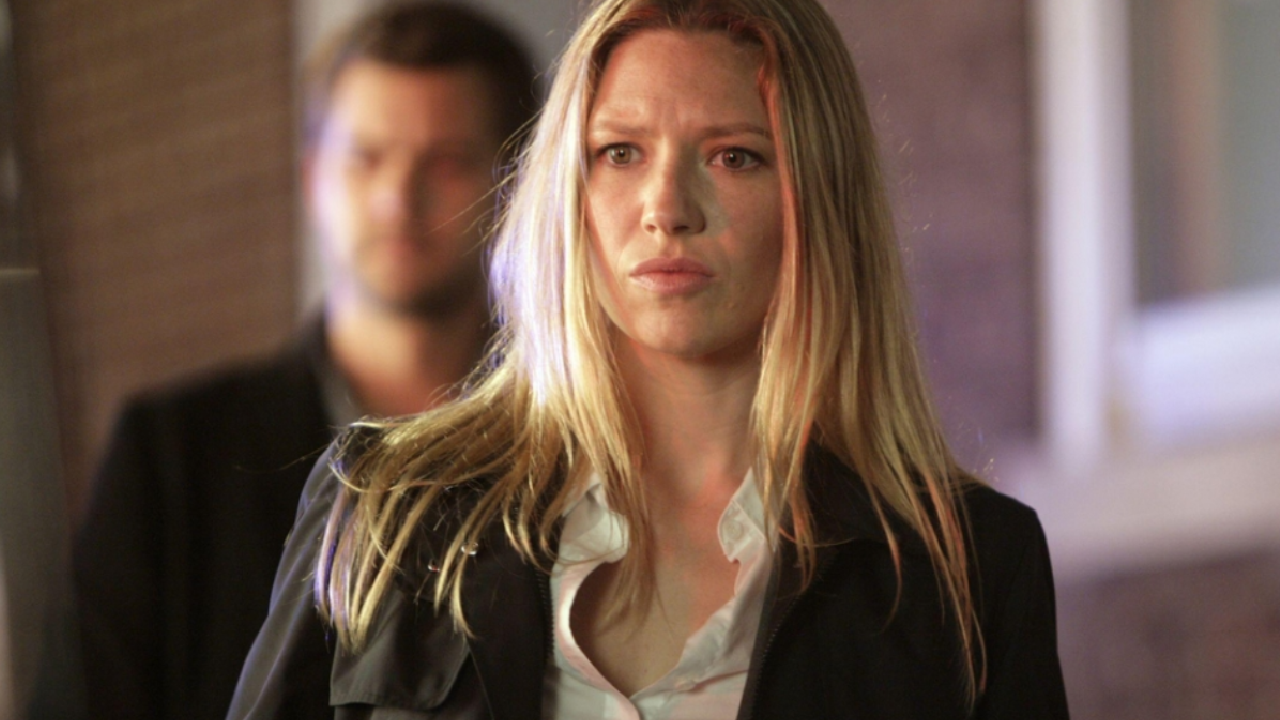
Weekly Releases Were Necessary Once, But They’re Not Anymore
In the decades of what we now refer to as “linear television” weekly, or at least daily, releases were a necessity. Shows had to be released on a schedule because it was the only way to reliably find them. We didn’t have control over what was on our screens at a given moment, we had to choose from what was available to us.
But those days are long gone. Linear networks are fading, and while it will probably still be decades before they are gone entirely, they will only continue to be a smaller part of how people get their TV.
Thanks to streaming, and the DVR before it, we have seen a massive shift away from episodic TV and toward serialized stories. Before the VCR was a thing, and even after because programming them was a pain in the ass, a TV show couldn’t be sure its viewers would be able to watch every episode, so stories were usually confined to a single show. Characters didn’t grow or change much. Everybody ended an episode in the same place they started so that people didn’t get lost. The few shows that tried serialized stories tended to fail.
But now virtually every TV show is telling a continuous story. This is part of what makes modern TV so much better than it was decades ago. More in-depth stories, characters that have actual arcs and adaptations that go much more in-depth with their source material than movies ever can. This is all wonderful.
Your Daily Blend of Entertainment News
However, If your TV season is only telling one story, that story should be available for me to watch at my leisure. If I decide to stay up late and read one more chapter of my book, I can do that because it’s my choice. The same should be true with TV.
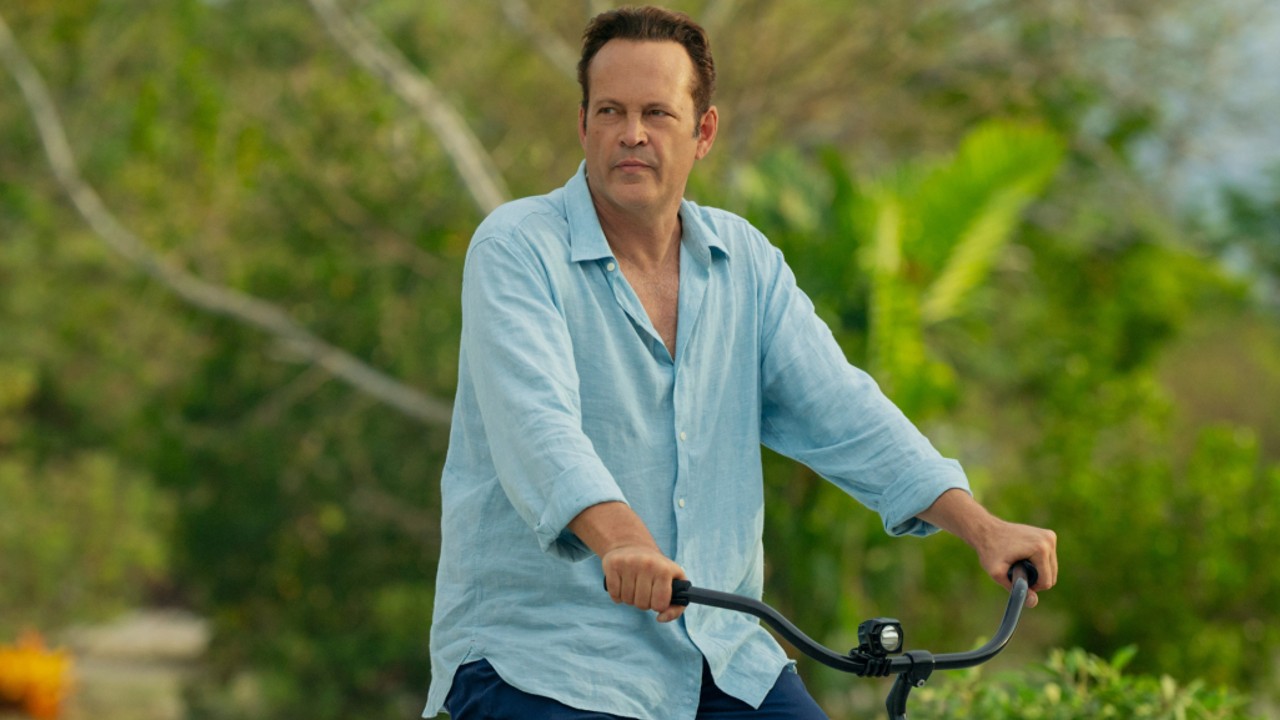
Binge Watching Is The Best Way To Watch Any Seialized Story
In my previous career, when I still had satellite TV, I used to travel a lot for work. As a result, my DVR would fill up with all the various shows my wife and I watched, and there were a lot. Frequently, there were more new episodes than we had time to watch on the weekend, so things would build up. Eventually, when we did have time to watch a few hours of TV, we would watch several episodes of one show rather than jump between shows. It made the viewing much more satisfying.
Fun fact: before binge-watching had a name, I binge-watched the entire final season of Fringe about a year after the show ended because it was still sitting on my DVR. I had only just gotten to it.
In the era of streaming, my wife and I do much the same thing. With two young kids, we have far less TV time than we once did, so we usually only watch one show at a time. We often wait to watch any streaming show until it has run its course specifically so we don’t have to stop in the middle. But recently I decided to dust off my rarely-used Apple TV+ subscription to watch Bad Monkey. Not knowing how many episodes the season had, I didn’t realize the show hadn’t finished, but we enjoyed the show and kept watching until we got to the middle of the season and discovered we were stuck.
Looking for something new to watch on the Apple TV+ menu, we saw Slow Horses, which we had heard good things about, so we started that, only to blow through the first three seasons in a little over a week. Season 4 of Slow Horses is also getting weekly releases, so we started it, but then had to stop. At which point, we watched the two episodes of Bad Monkey that had queued up in the interim, so then we were in the middle of two different shows.
How do people live like this? Having multiple shows sitting incomplete is driving me crazy. I have found myself at points in the last few weeks with nothing to watch because the shows I'm watching have stopped. I could start something new, but then I have three shows I'm juggling. It's getting out of hand!
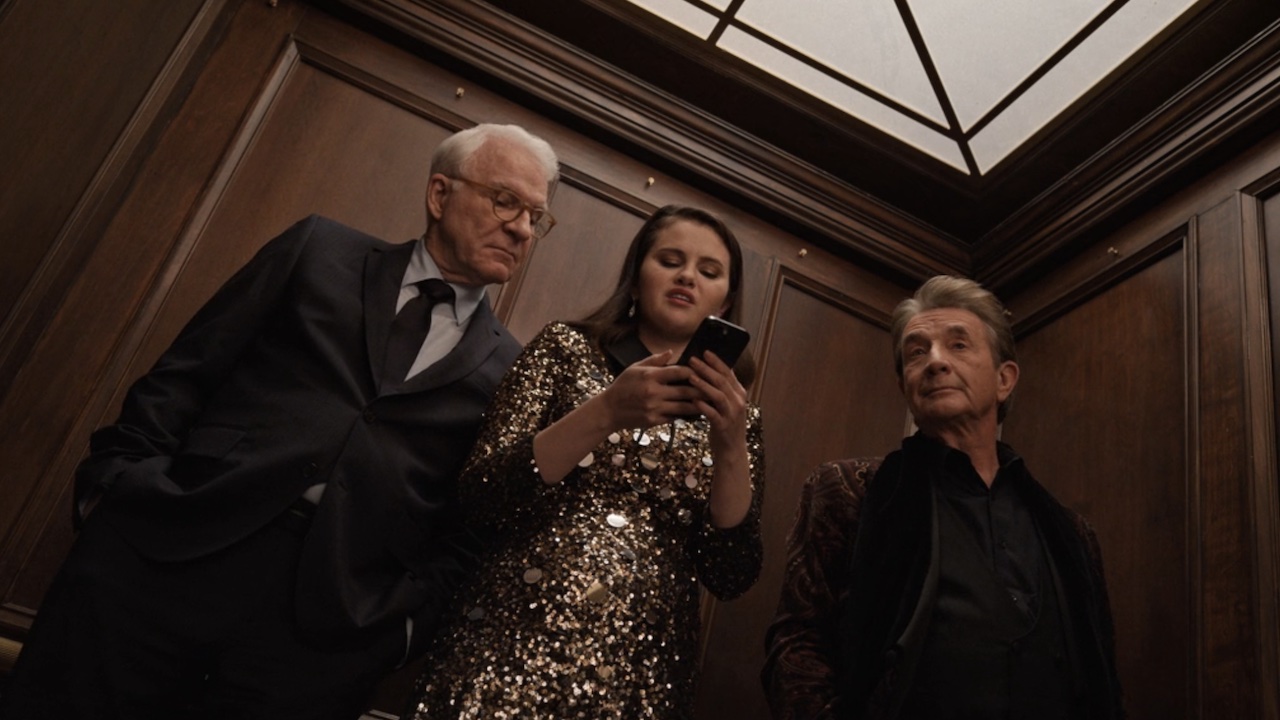
A Show With One Story Should Get A One Episode Drop
The math on this is pretty easy. If your show is only telling one story, then it should release all episodes at once. If it's telling more than one, then multiple episode drops are acceptable. But today, most TV series are just multi-part movies, and as long as that’s the case, complete seasons should be released all at once.
I love Only Murders in the Building. As a lifelong Steve Martin fan, I've been excited for it since it was first announced and it has never disappointed me. And I hate that my choices right now are either don't watch it and wait for the season to complete, or watch half a story.
This is actually important because viewership is part of what decides if a show gets renewed or not. If people don't watch a show in enough numbers, and early enough, good shows can get canceled. While I happen to think this method of decision-making is dumb, it's where we are. A complete episode release of a show is going to move it up my priority list, and I can't possibly be the only one that feels this way.
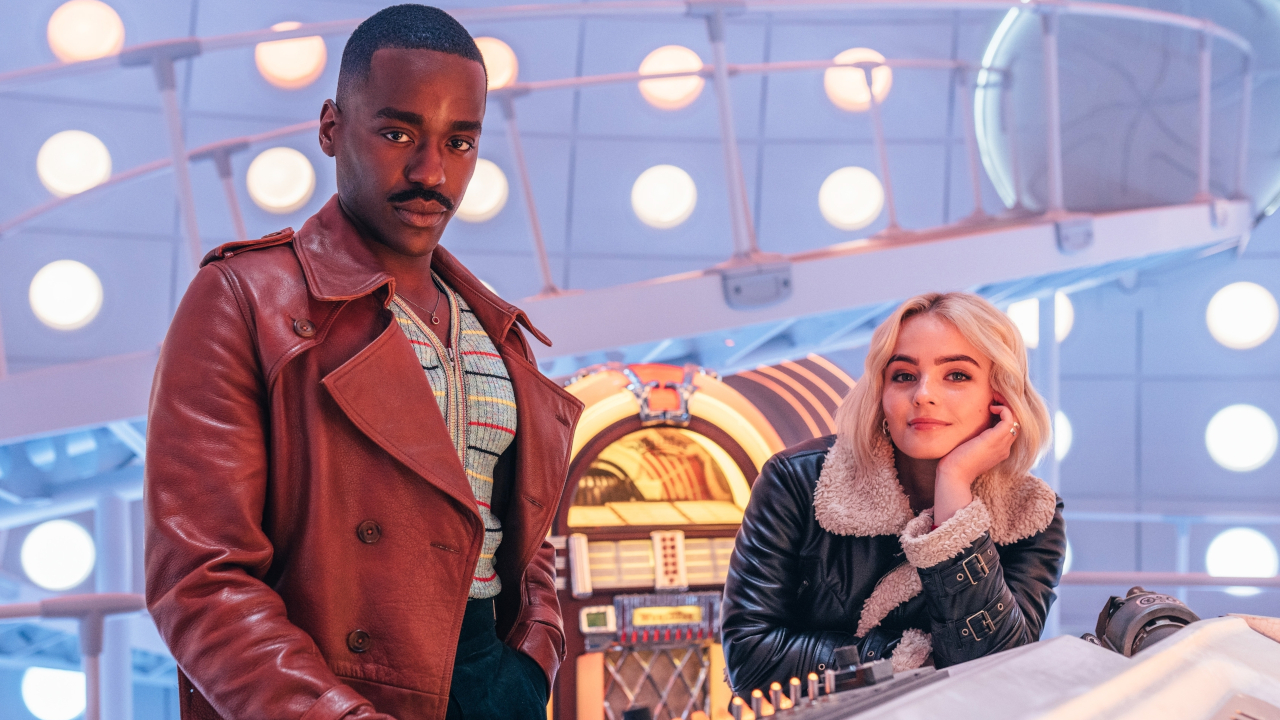
Truly Episodic Shows Can Have Weekly Releases That’s Fine
Using my math above, that means that if a show is truly episodic, a weekly release is fine. If I’m watching Masterchef or some other reality show competition, each episode stands on its own. So stopping for a week, or even longer, is no big deal.
The same is true for some dramatic series as well. One show that I absolutely did watch every week this year, and had zero issue doing so, was the newest season of Doctor Who on Disney+. While that show had some story threads that ran between episodes, it was truly episodic. Each episode saw The Doctor and his companion go to a place, have an adventure, complete that adventure and move on. I don’t need the next piece of that story immediately after because that particular story is done and the next episode is a new story.
There's a lot about how TV works in the world of streaming that even the streaming platforms are still trying to figure out. How to release shows is one of those things. They're all trying different things to figure out what works best. I hope they'll realize that in many cases full season releases in one go is exactly what works best.
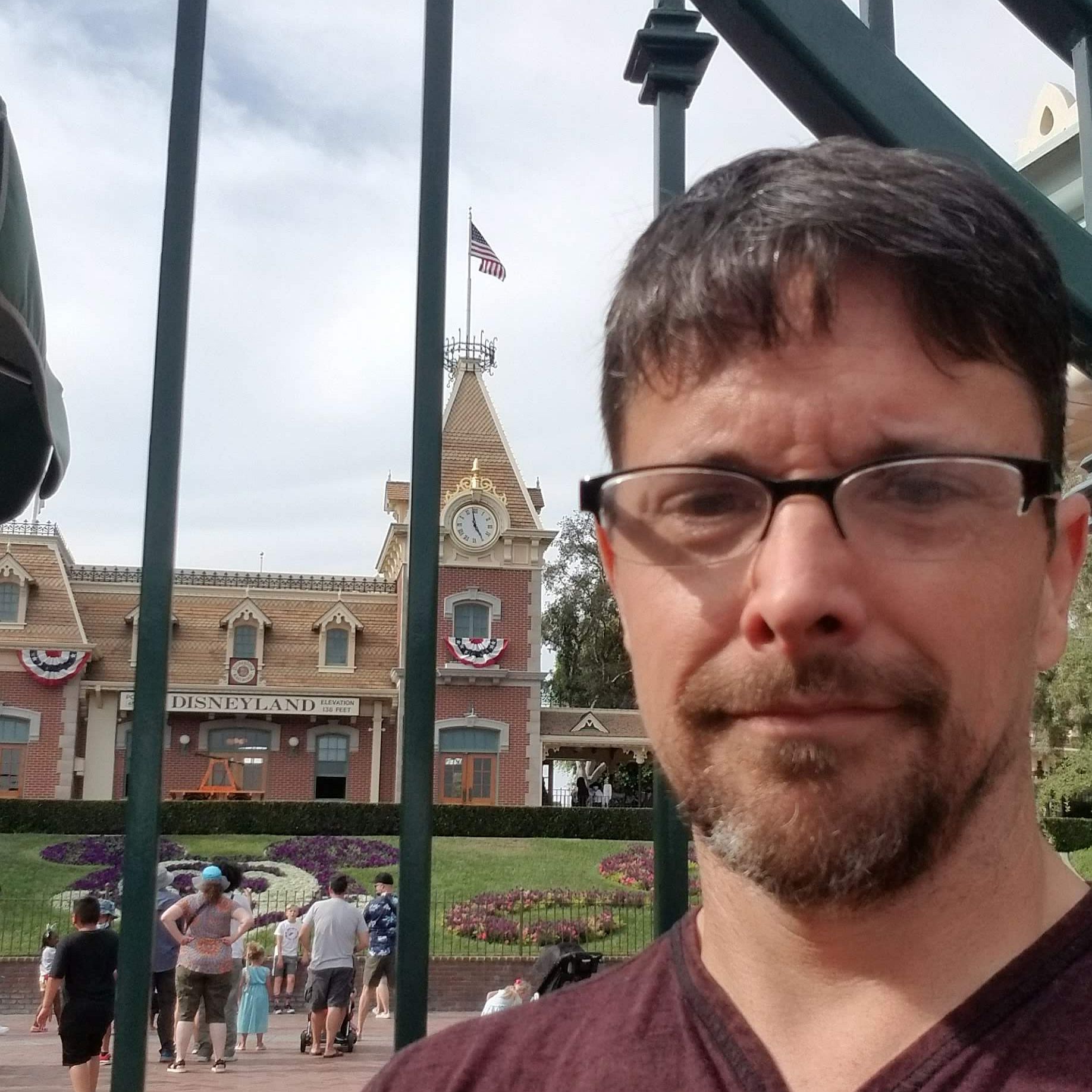
CinemaBlend’s resident theme park junkie and amateur Disney historian, Dirk began writing for CinemaBlend as a freelancer in 2015 before joining the site full-time in 2018. He has previously held positions as a Staff Writer and Games Editor, but has more recently transformed his true passion into his job as the head of the site's Theme Park section. He has previously done freelance work for various gaming and technology sites. Prior to starting his second career as a writer he worked for 12 years in sales for various companies within the consumer electronics industry. He has a degree in political science from the University of California, Davis. Is an armchair Imagineer, Epcot Stan, Future Club 33 Member.
